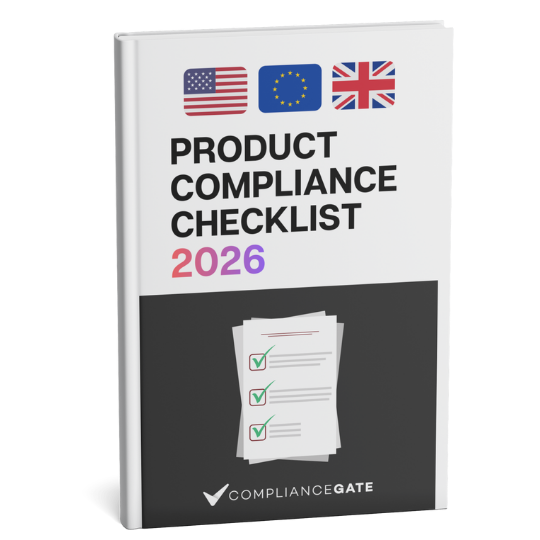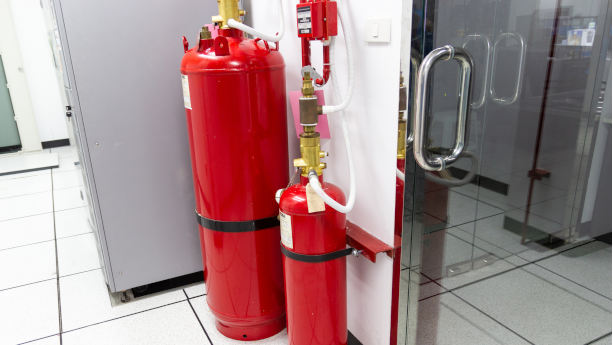
Are you an importer or a manufacturer supplying products like electrical installations or equipment into the United States? Then you may be required to seek NRTL Approval for your product.
In the US, the Occupational Safety and Health Commission (OSHA) imposes duties on employers to ensure a safe working environment for employees. To do this, OSHA requires certain products to be “approved” by a Nationally Recognized Testing Laboratory (NRTL).
In turn, employers, retailers, and customers have an expectation that applicable products supplied are compliant with OSHA rules.
In this article, we present information related to the NRTL approval process and explain why it would be important to importers and manufacturers.
Content Overview

FREE CONSULTATION CALL (30 MIN)
 Ask questions about compliance requirements
Ask questions about compliance requirements Countries/markets:
Countries/markets:
 Learn how we can help your business
Learn how we can help your business
You will speak with:Ivan Malloci or John Vinod Khiatani
What is NRTL approval?
OSHA’s standards for certain products contain requirements for NRTL product testing and certification. Such products are typically used in the workplace as OSHA aims to compel employers to provide a safe working environment.
When the legislation (i.e. 29 CFR 1910) states that a product is required to be “approved”, “certified”, “listed”, “labeled” or is designated a test standard, then that is a sign that NRTL approval is required.
NRTLs are private organizations that meet the 29 CFR 1910.7 requirements and are able to test and certify products by employing consensus-based test standards. Thus, NRTLs are both product safety testing laboratories and product certification bodies, and getting your product approved by them is the general way to comply with the legislation.
What is a Nationally Recognized Testing Laboratory (NRTL)?
The OSHA does not itself test and certify, instead, it identifies third-party private sector organizations that possess the necessary qualifications to perform safety testing and certification of specific products covered within OSHA.
These organizations are called Nationally Recognized Testing Laboratory (NRTL), and they use US consensus-based product safety test standards when performing tests and certifications.
Where can I find an NRTL?
A list of NRTLs can be found on the OSHA’s website. The site contains third-party organizations that are recognized as NRTLs and organizations that are no longer recognized.
Links to NRTLs’ pages contain information regarding the organizations’ scope of recognition, like their recognized testing sites and recognized testing standards. On individual NRTL pages, links to the NRTL’s website, certification website, and mark website are provided.
How do I get NRTL approval for my product?
Generally, when supplying a product that requires approval as per OSHA rules, the importer or manufacturer should engage NRTLs. The following are the typical steps taken to acquire NRTL approval from the initial stages of product design to create the final product:
a. A NRTL preliminary investigation – especially during the product design stage
b. Technical documentation – technical documentation may be required, including critical component lists, certificates, datasheets, and insulation diagrams to name a few
c. NRTL testing – such private testing organizations must be OSHA recognized to provide testing facilities and apply tests that conform to OSHA rules (see “appropriate test standards” below)
d. NRTL certification – after certifying a product under the NRTL program, the manufacturer may be authorized to apply a registered certification mark to the product
e. Periodic factory surveillance – generally, in the agreements with an NRTL, it is common to see provisions requiring regular check-ins by NRTL surveillance teams
Is NRTL approval mandatory?
Complying with OSHA requirements is mandatory. OSHA requirements include NRTL approval for certain products, and thus is mandatory. Examples of NRTL approval requirements can be found in 29 CFR 1910.303 which covers certain electrical equipment.
However, limited situations do exist in which OSHA requirements can be satisfied. Within subpart S of 29 CFR 1910, the legislation defines “approved” to mean acceptable to the Assistant Secretary of Labor. It provides three scenarios in which applicable products can be seen as “acceptable”:
a. If the product is accepted, certified, listed, labeled, or otherwise determined to be safe by an NRTL (this is what most refer to as “NRTL approval”)
b. Provided that no NRTL accepts, lists, certifies, labels or determines to be safe the applicable product, if it has been inspected or tested by the appropriate authority responsible for enforcing the National Electrical Code provisions and is found to be in compliance with such provisions as applied in the subpart S
c. Regarding custom-made equipment or related installations made for a particular customer, if the manufacturer on the basis of test data determines such custom products to be safe for their intended use. Said test data should be given to the employer that is subject to OSHA requirements, and who would in turn make available for inspection to the Assistant Secretary and authorized representatives
Which products require NRTL approval?
The following are examples of product categories that require NRTL approval:
- Automatic sprinkler systems
- Portable fire extinguishers
- Flexible connectors (piping, valves, fittings)
- Fixed electrostatic apparatus and devices (coating operations)
- Electrical conductors or equipment
It should be noted that the legislation may require approval for some products under specific circumstances or conditions of use. When browsing through OSHA-regulated products requiring NRTL approval, you will notice that specific references are made to electrical conductors and equipment, including:
- Electrical wiring and equipment located in inside storage rooms
- Electrically powered spray liquid heaters
- Electrostatic apparatus and devices used in connection with coating operations
- Portable heaters
Appropriate test standards
Test standards are documents specifying safety requirements for certain equipment or class of equipment. Appropriate test standards are typically those published by the American National Standards Institute (ANSI), the American Society for Testing and Materials (ASTM), or the Underwriters Laboratories (UL).
According to the legislation, other safety standards published by standards developing organizations recognized in the US and that are compatible with applicable national codes and installation standards can be used.
It is possible to suggest alternate test standards provided the Assistant Secretary of Labor is consulted.
Appropriate test standards can be found on OSHA’s site and various NRTLs would also have information regarding which standards they cover.
The following are some appropriate test standards:
- FM 2000 – Automatic Sprinklers for Fire Protection
- FM 6310 – Combustible Gas Detectors
- UL 130 – Electric Heating Pads
- UL 141 – Garment Finishing Appliances
- UL 355 – Electric Cord Reels
- UL 363 – Knife Switches
- UL 399 – Drinking-Water Coolers
- UL 412 – Refrigeration Unit Coolers
- UL 826 – Household Electric Clocks
NRTL testing
Products identified as requiring approval should generally be tested by an NRTL. The standard employed should be an “appropriate test standard” for said product. Appropriate samples and documentation may be supplied to the NRTL. It may also be the case that the NTRL personnel will visit the manufacturer to investigate and perform tests on the product.
The reports that you may get as a result of the investigations and tests are a findings report or a certification report. The former may be provided when problems emerge relating to the product’s features or that the product does not meet the safety standards resulting in a product that is non-compliant. This may delay the manufacturing timeline and costs associated with the product.
If a certification report is provided, this generally communicates that the product is compliant. The report should contain information regarding the product’s critical items, including its:
- Safety critical components
- Dimensions
- Materials
- Safety instructions
- Required markings
The certification report should be adhered to during the product production process as the NRTL may perform an unannounced factory audit to confirm that the products produced match the ones described in the report.
Testing companies
Approaching NRTLs that have appropriate testing and certification facilities, and that have an experienced team is vital to smoothen the product manufacturing process.
The following are some NRTLs that may be approached:
- Bureau Veritas Consumer Products Services, Inc. (BVCPS)
- CSA Group Testing and Certification Inc.
- DEKRA Certification, Inc.
- Eurofins Electrical and Electronic Testing NA, Inc.
- Intertek Testing Services NA, Inc. (ITSNA)
- LabTest Certification Inc.
- Underwriters Laboratories Inc.
- TÜV SÜD America Inc.
Note that when approaching multiple NRTLs for various services (e.g. testing, or certifying), there is a possibility that one NRTL might not accept the work conducted by other NRTLs as OSHA does not require NRTLs to accept the works of other NRTLs.
NRTL certification mark
Products with a registered NRTL mark communicate to consumers that the product has undergone testing and complies with OSHA rules. OSHA does not provide a specific NRTL mark. Thus, different NRTLs would have different marks.
Other safety marks that may appear on the product, like the CE mark, are not accepted as safety standards in the US.
How do I verify if a product is NRTL approved?
One can look for a registered certification mark on the product to verify that the product has been approved. You may visit the NRTL’s site to view their various mark designs and information relating to such certification marks.
Alternatively, the manufacturer should have the certification report issued by the NRTL. Thus, requests may be made to the manufacturer and the relevant NRTL may be approached to verify the approval of the product.

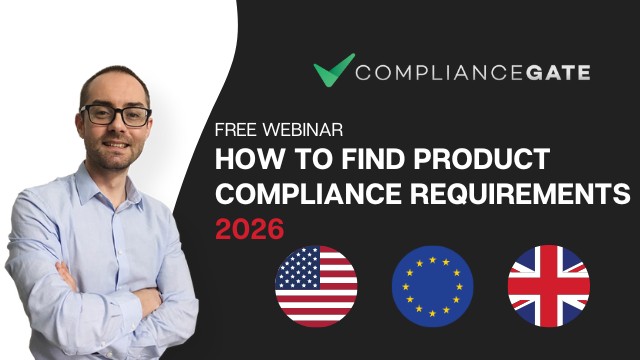





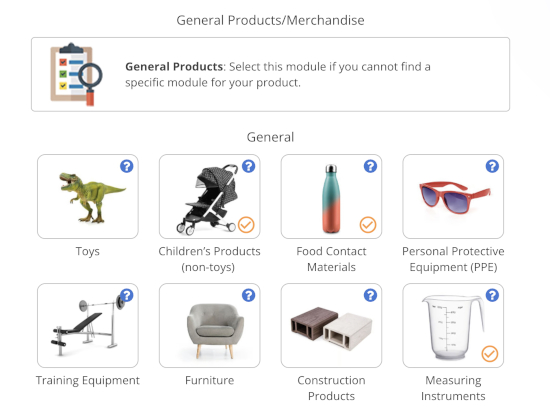






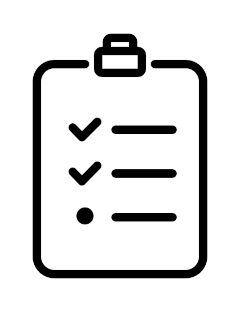


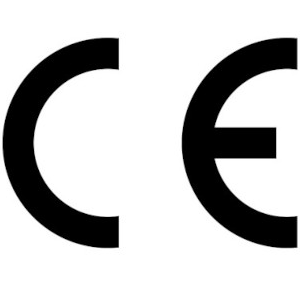




.png)
.png)
.png)
